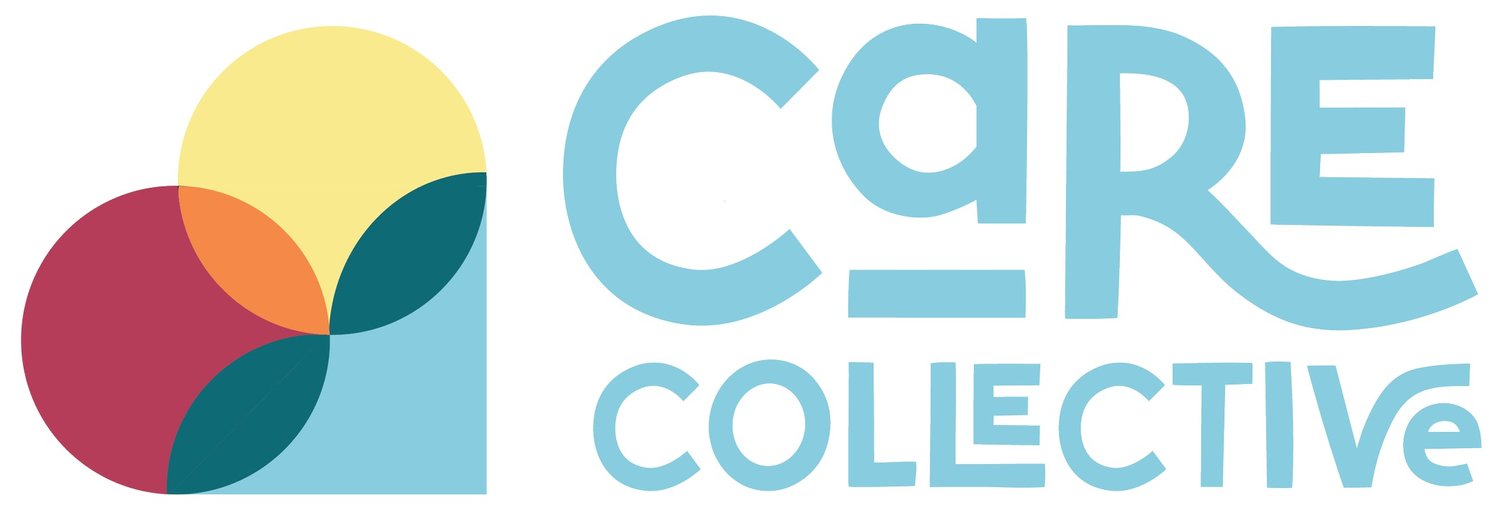1 in 4
teens in the US have missed class due to inadequate access to period supplies
48%
of Kalamazoo Public School students are eligible for free and reduced lunch programs
61%
of students have worn a tampon or pad for more than four hours because they did not have enough products
Period poverty is inadequate access to period products needed to participate in daily activities due to financial constraints. There is no federal or state assistance for purchasing period supplies.
SNAP and WIC do not cover period supplies.
Families earning a low income often pay more for period products. Caregivers without a car rely on discount retailers, corner stores, and drug stores in their neighborhoods, which sell pads and tampons in smaller quantities and at a higher cost per product.
Benefits from Access
Increased Attendance and Engagement:
Free menstrual products in schools increase students’ attendance in classes and extracurricular activities. When young people have what they need to attend school, they can learn, participate, and feel confident.
Improved Mental and Physical health:
Free period products benefit students’ mental and physical health. They can prevent health complications and protect students from shame and depression.
Destigmatization of Menstruation and Gender
Free period products (with info sheets using gender-inclusive language) help destigmatize and increase knowledge about menstruation and help normalize using gender-inclusive language to discuss periods.
Support for Trans, Nonbinary, and Gender-diverse Young People:
Access to period kits in non-gendered packaging supports students facing additional challenges when managing their periods, such as gender dysphoria and safety concerns when using the bathroom.
Who This Impacts
Black and Latine Young People:
A survey commissioned by Thinx & PERIOD found that almost half of Black and Latine students feel that they cannot do their best school work because of a lack of access to period products.
Women, Trans Men, Nonbinary Individuals, and Students of all Genders:
Young people who menstruate miss valuable class time when they don’t have the period products they need, perpetuating gender inequity in access to education.
Households Earning a Low Income:
Period poverty is not just felt by young people who menstruate. Their caregivers also face the financial burden of purchasing menstrual products. This inequity is compounded for BIPOC menstruating people whose families are more likely to earn a low income.
If You Need Menstrual Supplies
Care Collective of Southwest Michigan does not directly distribute period products to individuals.
Anyone who receives period products from us gets them through one of our distribution partner organizations. For a list of these partners, the programs and services they offer, and how you can contact them, visit the link below.
If you need period products or other resources, contact 211.



